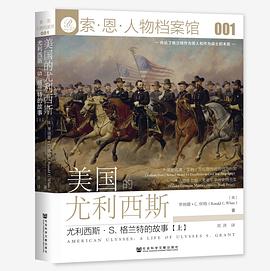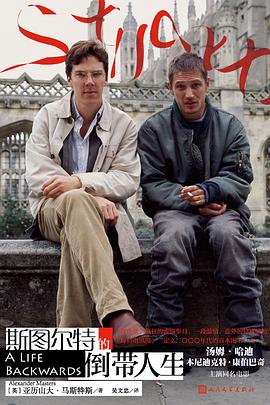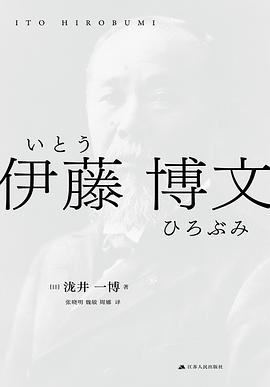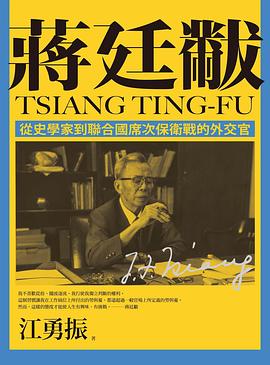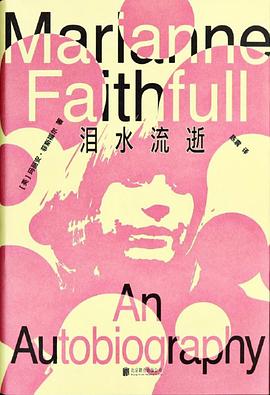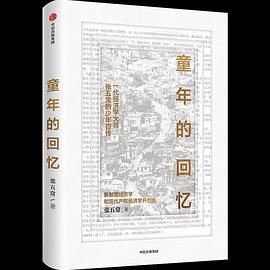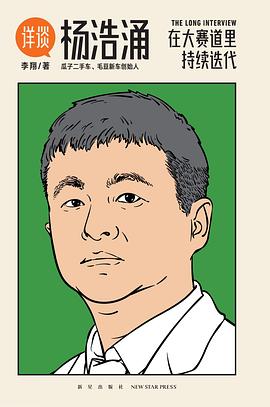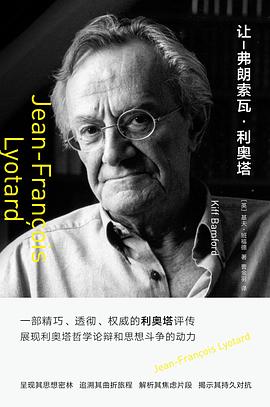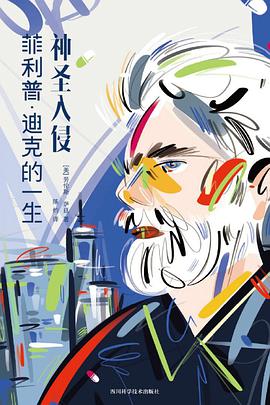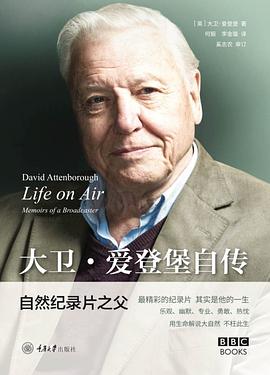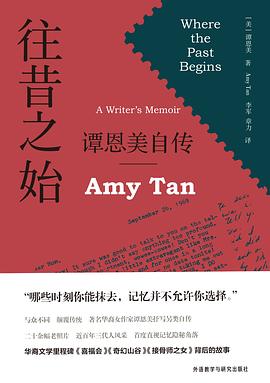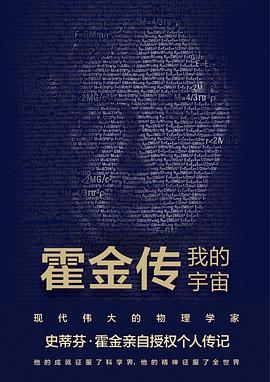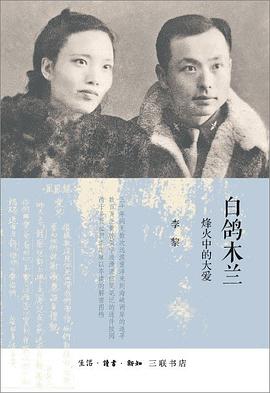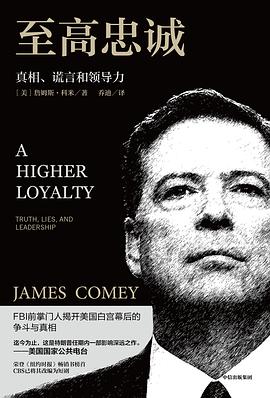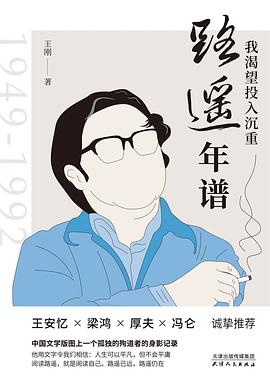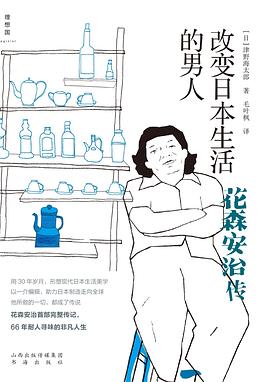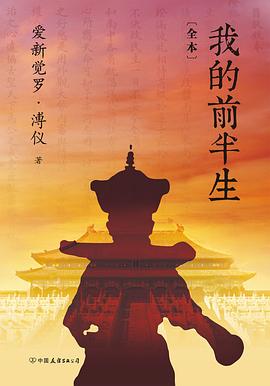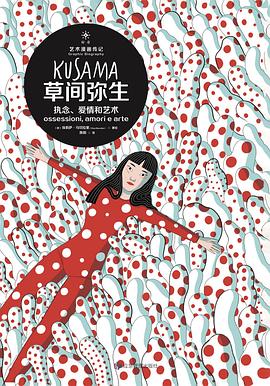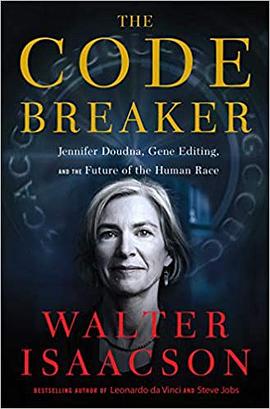

具體描述
Walter Isaacson, a professor of history at Tulane, has been CEO of the Aspen Institute, chair of CNN, and editor of Time. He is the author of Leonardo da Vinci; The Innovators; Steve Jobs; Einstein: His Life and Universe; Benjamin Franklin: An American Life; and Kissinger: A Biography, and the coauthor of The Wise Men: Six Friends and the World They Made. Visit him at Isaacson.Tulane.edu.
The bestselling author of Leonardo da Vinci and Steve Jobs returns with a gripping account of how Nobel Prize winner Jennifer Doudna and her colleagues launched a revolution that will allow us to cure diseases, fend off viruses, and have healthier babies.
When Jennifer Doudna was in sixth grade, she came home one day to find that her dad had left a paperback titled The Double Helix on her bed. She put it aside, thinking it was one of those detective tales she loved. When she read it on a rainy Saturday, she discovered she was right, in a way. As she sped through the pages, she became enthralled by the intense drama behind the competition to discover the code of life. Even though her high school counselor told her girls didn’t become scientists, she decided she would.
Driven by a passion to understand how nature works and to turn discoveries into inventions, she would help to make what the book’s author, James Watson, told her was the most important biological advance since his co-discovery of the structure of DNA. She and her collaborators turned a curiosity of nature into an invention that will transform the human race: an easy-to-use tool that can edit DNA. Known as CRISPR, it opened a brave new world of medical miracles and moral questions.
The development of CRISPR and the race to create vaccines for coronavirus will hasten our transition to the next great innovation revolution. The past half-century has been a digital age, based on the microchip, computer, and internet. Now we are entering a life-science revolution. Children who study digital coding will be joined by those who study genetic code.
Should we use our new evolution-hacking powers to make us less susceptible to viruses? What a wonderful boon that would be! And what about preventing depression? Hmmm…Should we allow parents, if they can afford it, to enhance the height or muscles or IQ of their kids?
After helping to discover CRISPR, Doudna became a leader in wrestling with these moral issues and, with her collaborator Emmanuelle Charpentier, won the Nobel Prize in 2020. Her story is a thrilling detective tale that involves the most profound wonders of nature, from the origins of life to the future of our species.
用戶評價
##這本書主要圍繞Jennifer Doudna, 迴顧瞭CRISPR和基因編輯的探討. 寫的跌宕起伏, 描述瞭科學研究者之間秘密競爭同時又對自然保護好奇心展開閤作. 不同的研究者展示瞭非常不一樣的個性. 後麵幾章討論bioethics 和人類基因改造, 我不大喜歡. 作者自己個人想法太多,覺得有點膚淺, ...
評分 評分 評分##這本書主要圍繞Jennifer Doudna, 迴顧瞭CRISPR和基因編輯的探討. 寫的跌宕起伏, 描述瞭科學研究者之間秘密競爭同時又對自然保護好奇心展開閤作. 不同的研究者展示瞭非常不一樣的個性. 後麵幾章討論bioethics 和人類基因改造, 我不大喜歡. 作者自己個人想法太多,覺得有點膚淺, ...
評分##這本書主要圍繞Jennifer Doudna, 迴顧瞭CRISPR和基因編輯的探討. 寫的跌宕起伏, 描述瞭科學研究者之間秘密競爭同時又對自然保護好奇心展開閤作. 不同的研究者展示瞭非常不一樣的個性. 後麵幾章討論bioethics 和人類基因改造, 我不大喜歡. 作者自己個人想法太多,覺得有點膚淺, ...
評分##除瞭學習科學知識 還藉鑒得到成功科學傢的品質 追求卓越注重閤作然而又能嚴格管理自己的時間界限 生命科學的魅力 疫情初期緊鑼密鼓的研究與疫苗開發 意外還有1984 vs. Brave New World這一對比重現 雖然有主POV CRISPR學術之爭的敘述個人感覺尚且公正 希望能多收集一些行傢綫報實驗室風雲!
評分##感覺看瞭一部宮鬥劇?
評分基因編輯初聽起來對我這樣類型的人具有特彆的吸引力,後代的個子可以高一點,頭發多一點,腦子聰明一點,膝關節耐磨一點,說普通話的時候鄉音少一點,炒股的能力強一點,最好能齣現六塊腹肌。問題在於,科學麵前大緻人人平等,如果未來每一位小夥子都是膝關節耐磨、長發跟詩人...
評分相關圖書
本站所有内容均为互联网搜索引擎提供的公开搜索信息,本站不存储任何数据与内容,任何内容与数据均与本站无关,如有需要请联系相关搜索引擎包括但不限于百度,google,bing,sogou 等
© 2025 book.tinynews.org All Rights Reserved. 静思书屋 版权所有

